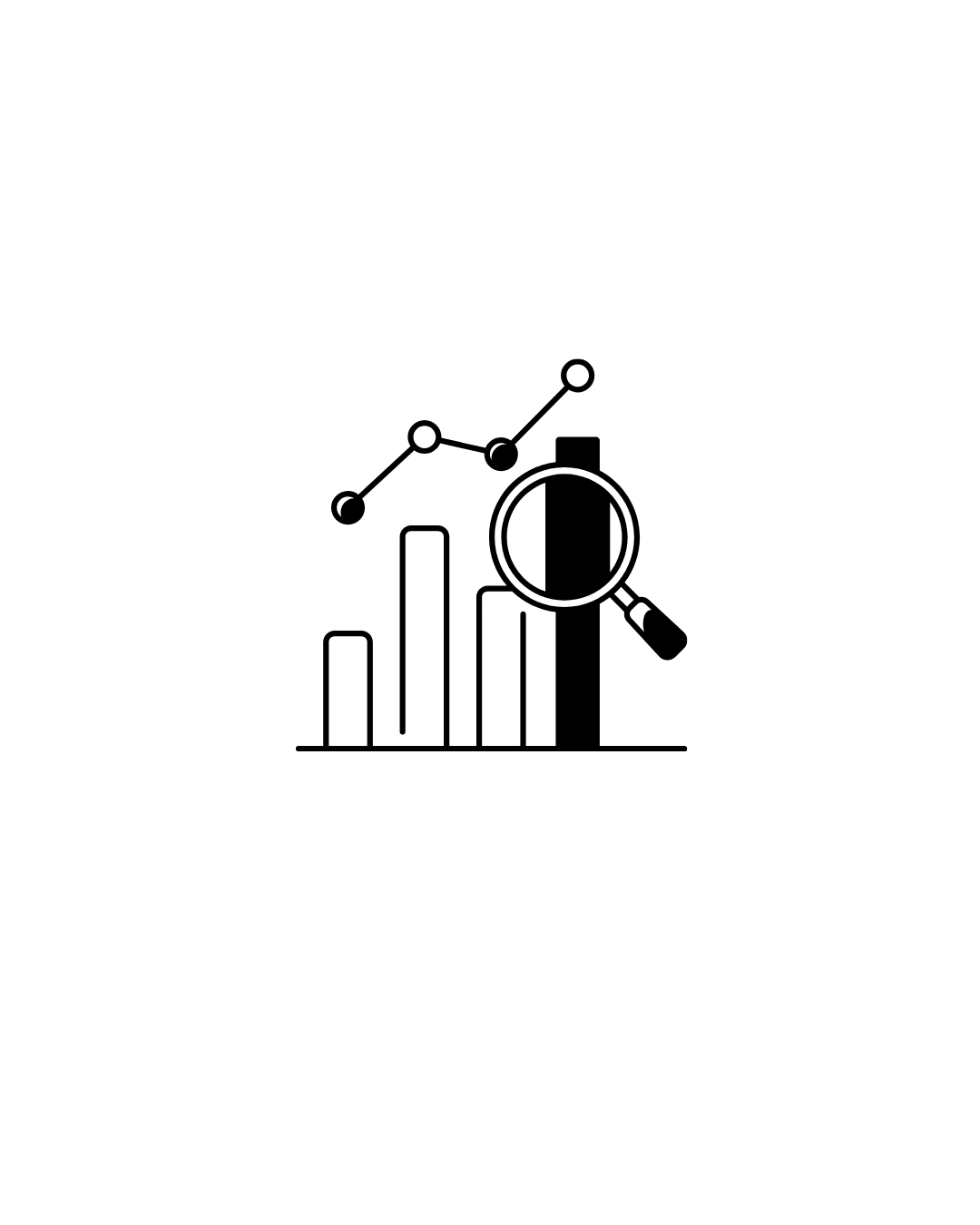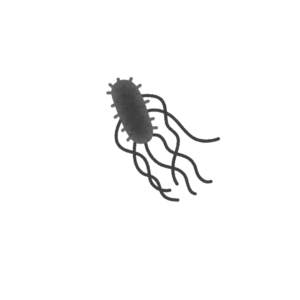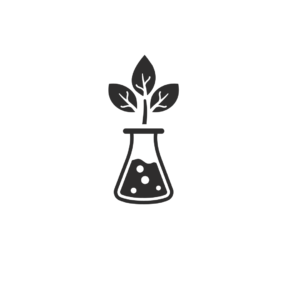Description
A Bachelor of Science (B.Sc) (Honours) in Statistics is an undergraduate degree focused on the theory, methodology, and application of statistical techniques. This program aims to equip students with the necessary skills to collect, analyze, interpret, and present data, which are essential in various fields such as business, healthcare, social sciences, and research.
Program Overview
Duration: Typically lasts 3 to 4 years, depending on the institution and country.
Mode: Offered in full-time, part-time, or online formats to accommodate different learning preferences.
Eligibility: Generally requires a high school diploma with a strong background in mathematics and sciences.
Core Curriculum
The curriculum for a B.Sc (Honours) in Statistics usually includes a mix of mandatory courses and electives, covering key statistical principles and methods, such as:
Descriptive Statistics: Techniques for summarizing and describing data sets, including measures of central tendency, variability, and graphical representations.
Inferential Statistics: Methods for making predictions or inferences about a population based on sample data, including hypothesis testing and confidence intervals.
Probability Theory: Study of random phenomena, including probability distributions, expectations, and theorems related to probabilities.
Regression Analysis: Techniques for modeling relationships between variables, including simple and multiple linear regression.
Statistical Modeling: Introduction to constructing and validating models that reflect the behavior of data.
Multivariate Statistics: Analysis of datasets involving multiple variables, including techniques like factor analysis and cluster analysis.
Sampling Methods: Concepts and strategies for selecting representative samples from populations to ensure valid statistical inference.
Statistical Software Applications: Training in statistical software packages such as R, SAS, SPSS, or Python for data analysis and visualization.
Skills Developed
Analytical Skills: Ability to analyze and interpret complex data sets and make data-driven decisions.
Computational Skills: Proficiency in using statistical software and programming languages for data analysis and visualization.
Problem-Solving Skills: Capability to develop and apply statistical methods to solve real-world problems across various fields.
Communication Skills: Skills in presenting statistical findings clearly and effectively to both technical and non-technical audiences.
Career Opportunities
Graduates with a B.Sc (Honours) in Statistics can pursue diverse career paths across different industries, including:
Statistician: Working in government, research organizations, or private industry to design surveys, analyze data, and interpret statistical results.
Data Analyst: Utilizing statistical methods to analyze data trends and patterns, often in business, healthcare, finance, or marketing.
Biostatistician: Applying statistical techniques to analyze data in health-related research or clinical trials.
Actuary: Computing risks and uncertainties in insurance and finance, often requiring additional professional certification.
Market Research Analyst: Analyzing market trends and consumer behavior to help companies understand their customers and make informed decisions.
Quality Analyst: Applying statistical quality control techniques in manufacturing or service industries to monitor and improve processes.
Benefits of Pursuing a B.Sc (Honours) in Statistics
Strong Job Market: Graduates are in high demand due to the increasing emphasis on data-driven decision-making across all sectors.
Interdisciplinary Applications: Statistics is applicable in various fields such as healthcare, finance, social sciences, sports, and government, providing diverse career options.
Research Opportunities: Many programs emphasize research and practical applications, allowing students to work on real-world data problems.
Additional Considerations
When considering a B.Sc (Honours) in Statistics:
Accreditation: Ensure the program is accredited and recognized by relevant academic and professional organizations to enhance your qualification.
Internships and Practical Experience: Look for programs that offer internships or industry collaborations to gain hands-on experience and networking opportunities.
Electives and Specializations: Some programs allow for electives in related fields such as data science, machine learning, or business analytics, broadening your skill set and career opportunities.
If you have specific questions about the program, its components, or potential career opportunities in Statistics, feel free to ask!









